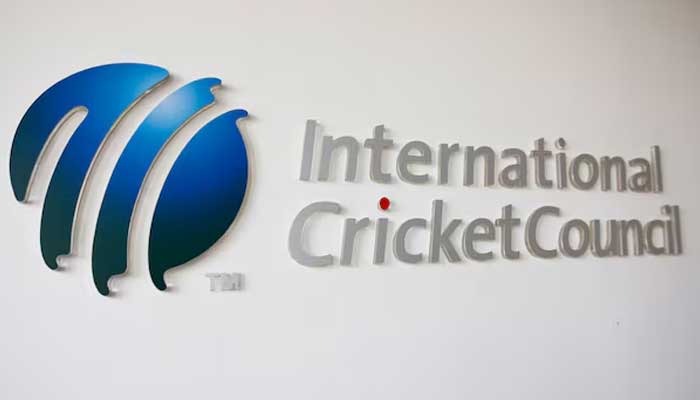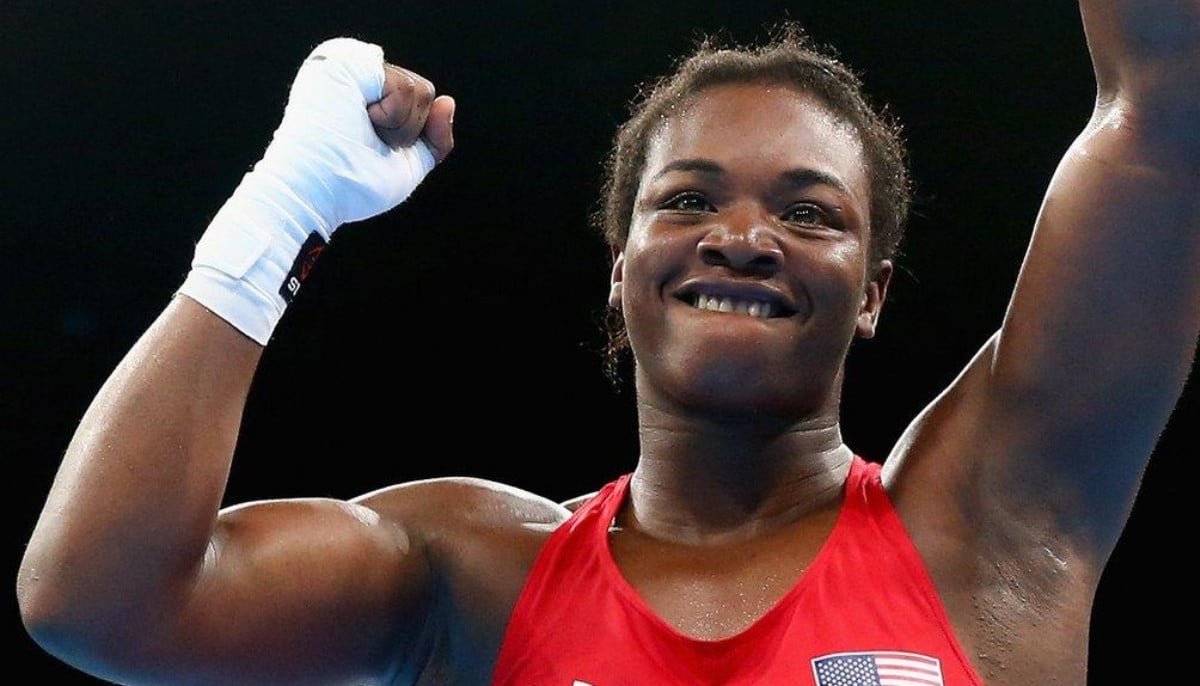Champions Trophy 2025’s fate in limbo as ICC meeting 'postponed'
ICC instructs parties to come up with solution regarding fate of prestigious tournament
The fate of the upcoming Champions Trophy 2025 hangs in balance as the crucial International Cricket Council (ICC) board meeting has been "postponed" for the next 24 to 28 hours, sources told Geo News on Friday.
The board meeting convened to discuss the future of the 2025 Champions Trophy was adjourned just 15 minutes after it began on Friday.
It was agreed that Pakistan and India, in collaboration with the ICC, would work towards identifying an acceptable and workable solution for the tournament's hosting arrangements.
The meeting was called in the wake of India's refusal to play in Pakistan, followed by Pakistan’s firm stance rejecting a hybrid model and warning that it would reciprocate by boycotting future events in India if the situation persisted.
Sources within the ICC revealed that initial consultations during the brief meeting resulted in a consensus for Pakistan and India to explore a mutually agreeable plan, potentially involving two or three other member boards as facilitators.
The 2025 ICC Champions Trophy is scheduled to be hosted in Pakistan, but India's decision not to travel to Pakistan to play its matches in the country has thrown the event into uncertainty.
Pakistan, maintaining a resolute position, has reiterated that a hybrid model — where matches would be split across two venues — is not an acceptable option.
During the short ICC meeting and earlier interactions with the governing body’s leadership, Pakistan reaffirmed its stance, demanding that all the boards should be treated equally.
Sources added that both Pakistan and India are expected to consult their respective governments before finalizing any arrangements.
An ICC spokesperson confirmed the discussions, stating, "The board held a brief meeting today, and all members are committed to resolving the Champions Trophy issue amicably. Further meetings are planned in the coming days."
Additional meetings on the Champions Trophy's future are expected to continue over the weekend.
Meanwhile, BCCI vice-president Rajiv Shukla stated that the board is in discussions with the PCB and that the ICC is also working to find a solution to the matter.
"As far as our position is concerned, we will do what our government tells us to do," he told reporters.
Earlier, India’s foreign office spokesperson, Randhir Jaiswal, stated that the BCCI had cited security concerns over travelling to Pakistan.
"The BCCI has issued a statement. They have said that there are security concerns there, and therefore, it is unlikely that the team will be going," Jaiswal said during a weekly press briefing on Friday.
This statement contradicts the BCCI’s earlier, albeit indirect, claim that the decision not to visit Pakistan was due to government restrictions, as the government’s official stance refers back to the BCCI’s statement.
However, as of Friday evening, there was no public statement from the BCCI.
-
Alex de Minaur faces surprise elimination in Acapulco thriller by Patrick Kypson
-
Devin Vassell, Wembanyama shine in Spurs victory over Detroit
-
USA beats Canada for first Olympic hockey gold in 46 years; Donald Trump, Barack Obama & others hail historic victory
-
Claressa Shields defeats Franchon Crews-Dezurn in heavyweight title rematch
-
Kara Braxton, WNBA All-Star and champion, dies at 43
-
Magic vs Clippers: Clippers announce Kawhi Leonard status after exit
-
NFL star Rondale Moore dies aged 25, Minnesota Vikings pay tribute
-
Winter Olympics 2026: Remembering the most unforgettable, heartwarming stories












